Table of Contents
Losing a loved one because of somebody’s negligence is a shattering experience. However, it is crucial to remember that there are ways to hold the negligent person or entity accountable.
No amount of money can bring back your loved one–but by suing the responsible party for wrongful death, you may obtain substantial monetary damages while also sending a message that lethal negligence is unacceptable. A West Palm Beach wrongful death lawyer at Kogan & DiSalvo can help you begin your case immediately. An experienced injury attorney will be essential in fighting for your rights to compensation.

It is defined by Florida law as a death caused by a “wrongful act, negligence, default, or breach of contract or warranty.” These acts will often form a separate claim. For example, negligence as a cause of action can initiate a lawsuit to address an injury. However, if the individual harmed under these circumstances dies because of their injury, this can be a basis for filing a wrongful death claim.
Although wrongful death is typically associated with significant accidents like car crashes, these types of claims encompass a broader range of possibilities. For example, liability can be established for a death resulting from:
Defective products, under Florida law, are commercially available products that are held to a “strict liability” standard, so such claims may be easier to win than other types of cases. A product can be defective due to the following:
Medical Malpractice occurs when a care provider’s negligence causes an injury to their patient. This can be:
Premises liability refers to the law requiring landowners to maintain their property to minimize the hazards to innocent people. When a person dies due to unsafe conditions on someone’s premises, the property owners/managers must be held accountable.

Negligence is decided by a legal formula consisting of duty, breach, injury, and causation:
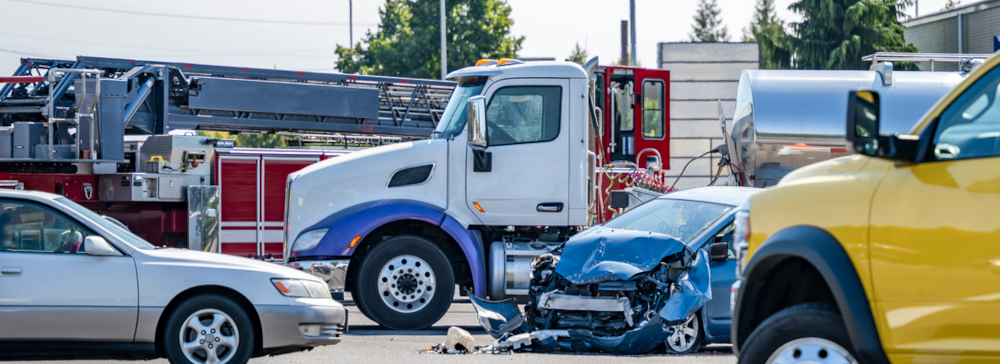
While each case has its own unique facts, patterns have emerged in wrongful death claims, with some causes being more common than others, and they are:

In Florida, only the personal representative of the decedent’s estate can file a wrongful death claim. A personal representative performs a role similar to an executor or administrator in other jurisdictions. They oversee the probate (administration) of the decedent’s estate. This personal representative can be chosen before the decedent’s death or can be appointed by a court.
A personal representative can be an individual who is at least 18, a resident of Florida, or related to the decedent by blood, marriage, or adoption. They must also be physically and mentally capable of serving in the role and have no felony convictions. Additionally, a bank or trust company incorporated in Florida–authorized to perform the required fiduciary duties–can also become the personal representative for an estate.
Once established, a personal representative, either themselves or through an attorney, can then file a wrongful death claim with the appropriate court on behalf of the surviving family members and the estate.
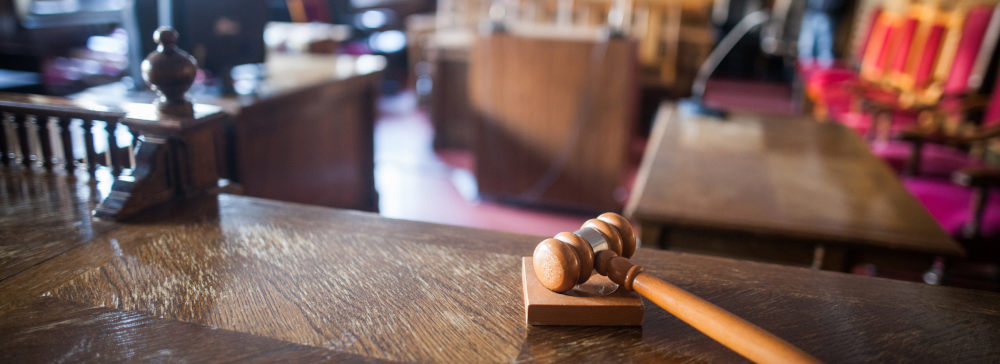
The timeline of any case can have several variables, such as
Should a case go to litigation–it will likely take around 18 months to 3 years. Further, the statute of limitations for a wrongful death claim in Florida is two years from the date of the decedent’s death. Because of the possibility of an unexpected delay and the potential loss of evidence, a personal representative should confer with a wrongful death attorney as soon as possible.
Wrongful death lawsuits can be an essential part of wrapping up a loved one’s affairs, such as funeral arrangements, burial arrangements, and managing other aspects of an estate can be difficult. However, having a professional shoulder the responsibility will reduce the anxiety for family and personal representatives.
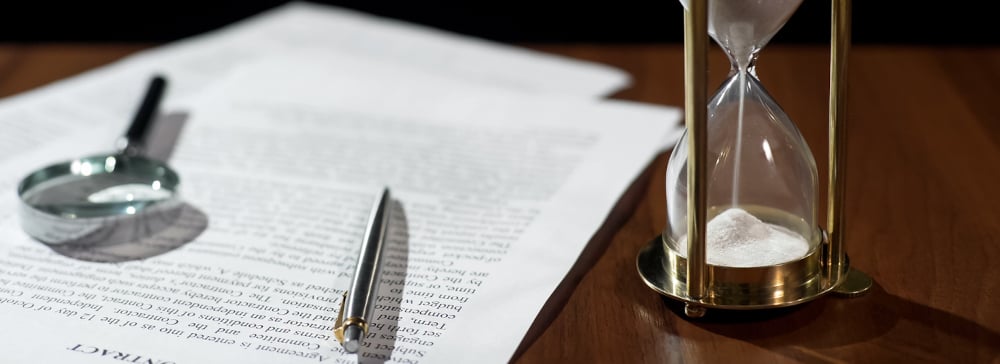
If the decedent was the breadwinner of a family, then the entire family could face a drastic reduction in income and quality of life. Even if the decedent had insurance, frequently that money is not enough to keep the family at the economic level it had reached before the tragedy occurred.
Compensation for wrongful death cases is more extensive than most causes of action, like negligence or assault. Wrongful death will include what the decedent would have made earned had they lived, as well as an attempt to compensate survivors for the loss of companionship, guidance, and stability.
A wrongful death case also considers different types of help that the decedent would have offered to their loved ones throughout their lives and can include economic, non-economic, and punitive damages.
Economic damages are typically the most straightforward as they are monetary losses that come with documented proof, such as a repair receipt or a statement from the medical billing department. This can also include future economic damages, though this often requires speculation and argument.
Economic damages can include:
Non-economic damages are more nuanced and subjective and require more evidence and argument, such as testimony from expert witnesses.
Non-economic damages can include:
Punitive damages, also called exemplary damages, are awarded to punish a responsible party and discourage similar acts from potential future defendants. In Florida, a defendant may be held liable for punitive damages only upon “clear and convincing” evidence demonstrating that the defendant was personally guilty of “intentional misconduct or gross negligence.”
Even in the event of a death resulting from an accident or incident, this can be a demanding standard. However, punitive damages tend to be significant when they are awarded, often being the greatest damages a plaintiff receives.
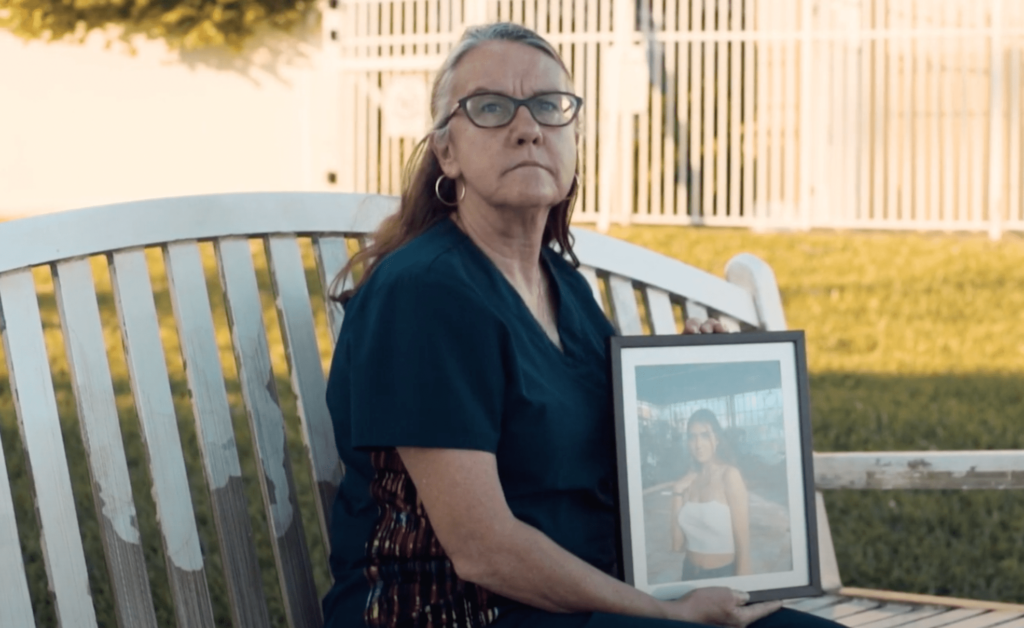
In the event of a negligence-based claim, Florida is a modified comparative fault jurisdiction. It means that a plaintiff’s award will be reduced in proportion to the amount of their fault, up to 50%. If the plaintiff is found 51% or more at fault, they cannot recover. This can become a frustrating aspect of a case where a defendant or insurance company will try to shift as much blame onto a decedent as possible to deny or minimize their claim. However, the family can still recover damages, even if the decedent was partially at fault.
An experienced West Palm Beach wrongful death attorney can help explain the types of damages available, what evidence to gather, and how to address possible arguments from the defense–like comparative fault. In addition, a knowledgeable lawyer can help determine a range of likelihoods for potential outcomes and review them in a consultation.
As in any lawsuit, evidence is necessary to prove the theory of a case and damages to the relevant standard. This standard to prove something in court is often a “preponderance of the evidence,” such as establishing duty, breach, injury, and causation in negligence.
Because of the broad nature of wrongful death, the type of evidence that will be required will depend upon the underlying circumstances. Once the case is made and liability is proven, damages will then need to be demonstrated as well.
As discussed above, economic damages are often the most straightforward. In addition, a more nuanced analysis is necessary to prove non-economic damages, such as seeking psychological treatment for the trauma of witnessing an accident or losing a loved one. It could include statements and testimony from an expert witness on the price the grieving process takes on survivors, proof a family member is no longer able to engage in the activities they once enjoyed or relied on, and many other pieces of evidence for a broad range of possibilities that will depend upon the particulars of your case.
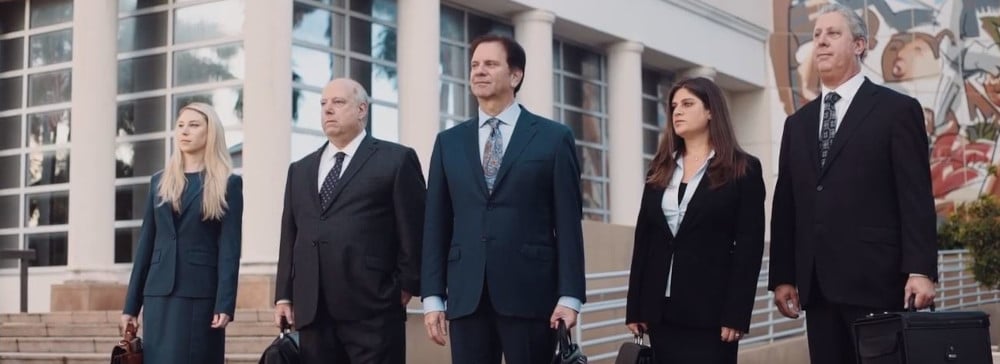
While it may be painful to go over the facts that led to a loved one’s death, compiling evidence about the event is critical – medical reports, photographs of the accident scene, eyewitness testimony.
West Palm Beach wrongful death lawyers have a strong track record of holding negligent individuals and companies accountable when they fail to meet the standards of care that the law imposes.
Skilled lawyers will listen to your story with sympathy and respect, and will then gather all the information needed about the accident and its aftermath so that they can make the strongest possible case on your behalf.
If you are injured and unable to come to us,
our attorney will come to you - there is no charge for us to do so.